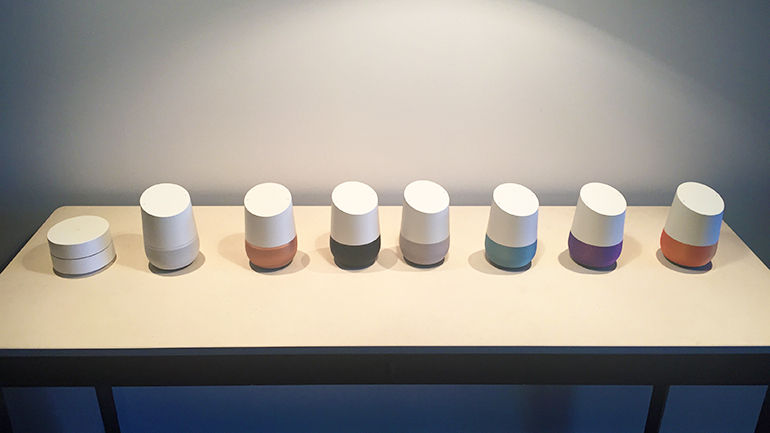An unspecified number of Google Home users were faced with a simple problem last weekend, when the digital assistant refused to respond to the “OK Google” wake words. The problem was simple in that Google Home was totally unusable for the duration of the outage, but the implications for smart homes of the future are much larger than what can only be called isolated incidents for lack of real numbers behind the outage.
Smart speakers are merely the doorway to intelligent homes at the moment. They answer some questions, find things on the Internet, show you the way home, order stuff online and so on, but their potential in the domain of smart homes is massive.
In the future, much of our home’s “normal functions” will be carried out by smart assistants like Google Assistant, Siri and Alexa. The problem is, they’ll also be in charge of things like security systems, baby monitoring devices and other safety and security products. Even worse, they’ll be controlling electricity and fire in the kitchen.
The real issue at hand here is not the outage itself, or the fact that there was no fail-safe to fall back on. The troubling matter is that users didn’t know about it until they tried to use their Google Home devices by using the wake words. They received responses like “Hmm, something went wrong. Try again in a few seconds.” and “There was a glitch. Try again in a few seconds.”
That’s what’s really worrying. As smart homes become more dependent on digital assistants, companies like Google need to find solutions that will address these issues. This time around, the problem seems to have been with the devices themselves, and Google suggested the old “unplug and plug back in” solution.
However, if the real problem was because of an Internet or cloud server outage (we don’t know because Google hasn’t made anything public yet), the ideal solution would be a device that can do AI tasks on its own.
Such a device would be inherently intelligent rather than the products we have today that are overly reliant on connectivity to the cloud.
The Essential Home smart speaker from Android co-creator Andy Rubin, according the the company, does most of its AI tasks natively, on the device. That doesn’t mean it isn’t connected to the cloud, but it does mean that a lot of tasks can be carried out without having to send data to the cloud for processing.
At the very least, it means you won’t be left hanging with a “try again” message when you try to issue a voice command to the device.
This phenomenon is called edge computing, where the devices connected to a central cloud datacenter are able to crunch large amounts of data on their own, without the need to send that data to the cloud for processing. They’ll be connected, but their reliance on the cloud will be limited to non-time-critical tasks that require even greater compute power than the devices themselves are capable of. They’ll also use the cloud for things like storing large amounts of historical data and so on.
As smart speakers evolve, we believe we’ll see an increase in this type of capability. Essential Home is possibly the only smart speaker that can do this at the moment, but it’s not a stretch to assume that Amazon, Google, Microsoft, Apple and other companies will follow suit.
The Google Home outage is just a reminder that these companies need to move faster towards a time when most AI tasks are processed very close to the origin of data generation. A Google Home unit telling you it’s out of service is one thing, but imagine if that same outage were to hit a bunch of self-driving cars cruising along the highway.
Hopefully, we won’t have to find out, as long as companies involved in IoT products keep pushing artificial intelligence away from centralized datacenters and towards the edge, as Microsoft has committed to do.
Thanks for visiting! Would you do us a favor? If you think it’s worth a few seconds, please like our Facebook page and follow us on Twitter. It would mean a lot to us. Thank you.



